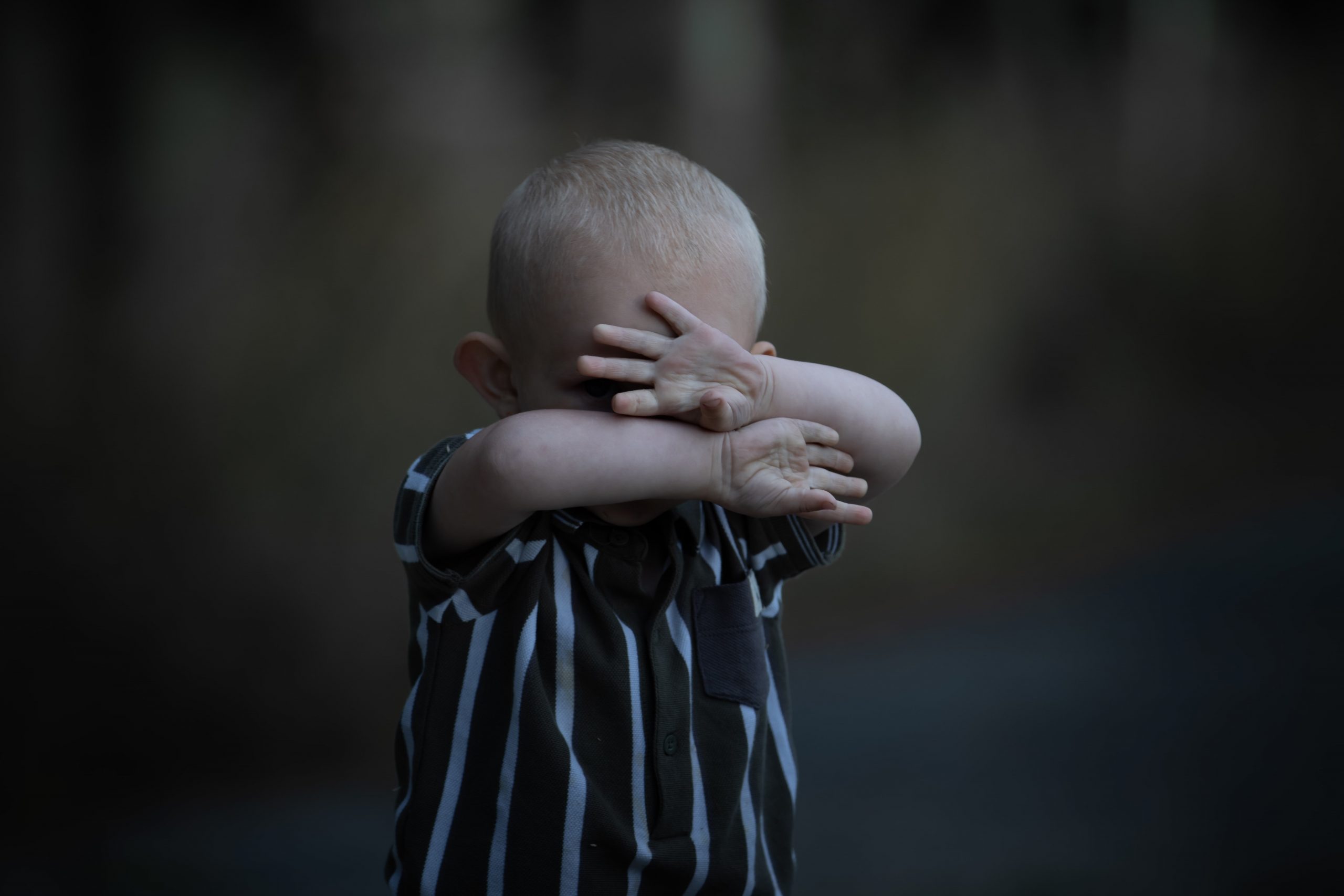Share This Article
Research appears to reflect that victims of childhood violence are close to four times more likely to experience depression and anxiety mental health issues.
Twelve researchers who co-authored a paper for the Parenting and Family Research Alliance (The Alliance) have concluded that corporal punishment of kids is harmful in all circumstances, whereas countries that have criminalised the practice have developed greater effective methods of changing kid’s behaviour.
There’s no solid evidence that supports corporal punishment of kids, says Darryl Higgin, director of the Australian Catholic University Institute of Child Protection Studies, who is also a head researcher on the paper.
Paul; Higgin said, “if I was standing next to you and smacked you, that would be assault”.
He further said, but if it was a parent hitting his or her child for purposes of discipline, it wouldn’t be illegal.
Mr. Higgin also said, “all the outcomes are negative”. Other countries that have criminalised corporal punishment of children include New Zealand, Sweden, and Wales. In fact, 63 countries have criminalised the practice now.
Mr. Higgins is determined to align the treatment of children with the criminal law. The Alliance are determined to propose changes to criminalise the practice of smacking, washing kids mouth out with soap and pinching children. They have launched a wide campaign to end the physical punishment of Australian children.
Is smacking your child a crime?
Particularly in New South Wales, for a charge of assaulting your child, the prosecution must first prove that you assaulted your child. This must first be proved beyond reasonable doubt. If the prosecution fails to prove this, then the charge will be dismissed. If the assault is proven, the accused person (defence) is then required to prove on the balance of probabilities (more likely than not) the defence of lawful correction. If the lawful correction defence is successful, then the accused person will be found ‘not guilty’ to the assault charge.
Assaults can come in various forms, from common assault, assault occasioning actual bodily harm, grievous bodily harm or wounding.
How does the lawful correction defence work? The lawful correction defence is outlined in section 61AA(1)Crimes Act 1900 (NSW). When physical force is applied to a child, it is a defence if:
- The force was applied for the purpose of punishing the child, and
- The force was applied by the parent of the child or by a person acting for a parent of the child (i.e. childcare worker), and
- The force applied was reasonable having regard to the child’s age, health, maturity, or other characteristics of the child, the nature of the alleged misbehaviour or other circumstances.
However, the application of physical force is not considered reasonable if (unless the force could reasonably be considered trivial or negligible in all the circumstances):
- The force is applied to any part of the head or neck, or
- The force is applied to any other body part in such a way as to be likely to cause harm to the child that lasts for more than a short period.
Book a Lawyer Online
Make a booking to arrange a free consult today.
Call For Free Consultation
Call Now to Speak To a Criminal Defence Lawyer
Over 40 Years Combined Experience
Proven SuccessAustralia-Wide
Experienced LawyerGuarantee
 (02) 8606 2218
(02) 8606 2218
 (02) 8606 2218
(02) 8606 2218















